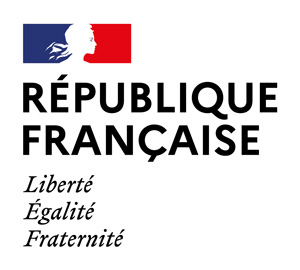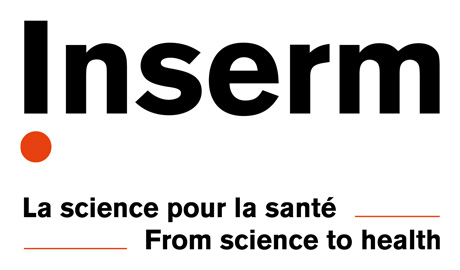DETAILS OF THE OFFER | CONTEXT
DBS: from genetic mutations to motor circuit dysfunctions & recovery
DBS is an exciting new interdisciplinary, collaborative, and multi-model project at the ICM. By bridging approaches across disciplines, the project’s goal is to build novel strategies to improve dopaminergic cell survival and deep-brain stimulation of resilient circuits in Parkinson’s disease.
Collective Interest Projects - Collaborative, interdisciplinary, innovative & transformative
As part of DBS, we will implement the hiring of post-docs each dedicated to one collective interest project to be co-supervised by two ICM team leaders, experts from different fields. The early-career researchers will receive training in the field that they have not received training on yet, either genetics, cellular physiology, imaging, optogenetics, behavior or modelling. We aim to attract high-level interdisciplinary researchers by offering world-class research facilities and double supervision from leaders in the relevant fields. You would be part of a dynamic community of young researchers within a highly collaborative environment.
To attract high-level interdisciplinary researchers, we offer world-class research facilities and double supervision from leaders in the relevant fields. You would be part of a dynamic community of young researchers within a highly collaborative environment. In the project FUST: Fish Ultrasound screening of optimal channels to STimulate neurons deep in vivo, the candidate will be hosted by the Mov’it team and SIBBIL team, co-supervised by Pierre Pouget, an expert in functional ultrasounds and network physiology, and Claire Wyart, an expert in optogenetics and imaging.
Supervised by these 2 teams to activate specific neurons in the mammalian brain, the postdoctoral fellow will require autonomy to innovate sonogenetic tools leveraging mechanosensory activation for remote neuronal stimulation in the brain. The postdoctoral fellow will first implement an ultrasound screening assay to identify the best candidate channels to mediate remote ultrasound activation without heating and then test them in vivo at different depths while measuring the specific and non-specific responses to ultrasounds
MISSIONS
• Screening of channels responding to ultrasounds in cell cultures and in vivo using zebrafish larvae
• The postdoctoral fellow will supervise engineers in the SIBBIL and Mov’it teams.
• The position will be held in the Paris Brain Institute with scheduled visits in biophysics lab of Francesco Tombola in University of California in Irvine , a world expert on ion channels & mechanoreception
• The position comes with 10,000 euros available for training.
CONDITIONS
• Remuneration scale: 35 000 – 45 000 ¤ (gross annual)
• Fixed-term contract (CDD), renewable PROFILE
KNOW-HOW
• Expertise in molecular cloning and channel physiology in vitro
• Supervision of technicians, students, and / or engineers
• PhD in biophysics, electrophysiology, imaging, neuroscience
• Academic reading, writing, and conversational skills in English (required) and French (desired)
KNOWLEDGE
• Knowledge acquired through education in Biophysics, Neuroscience, Dynamic Imaging
• Fluent in English, notions of French
• Knowledge of coding using Python, R
• Organized, disciplined, proactive, autonomous, excellent team player
• PhD in biophysics, bonus: expert on ion channel physiology
• Strong training in electrophysiology, at ease in mathematics and calculation of conductance and IV curves
SOFT SKILLS
• Rigorous, communicative, and curious to understand and broaden her/his field of expertise
• Excellent team player working with engineers, technicians, and other postdocs in the DBS project
• Autonomy in setting up new experiments, thinking of new paradigms, and analyzing new data
• Excellent communication, both oral and written
+ info |





